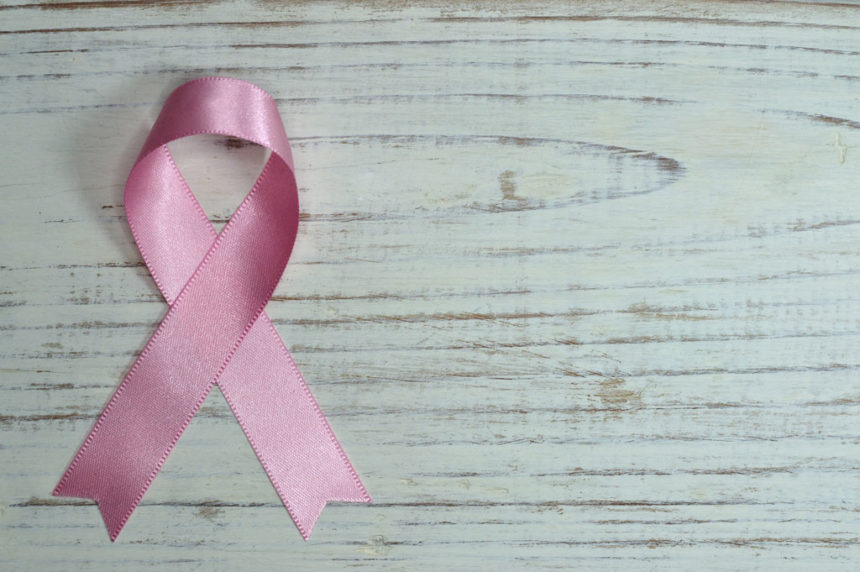Dhaka, Feb 16: Experts, on Saturday, said concerted efforts, information dissemination and awareness among people were needed for prevention of cancer. “The media can play a great role in disseminating information and creating awareness about cancer. A concerted effort by the government, NGOs and members of the civil society, is necessary in this regard,” said Dr Mizanur Rahman Shelley, chairman of Centre for Development Research, Bangladesh.
Dr Shelley was speaking as the chief guest at a discussion meeting on “Cancer, Myths and Misconceptions and Cancer Care”. It was jointly organised by AK Khan Healthcare Trust, Stethoscope and The Independent, at BEL Tower in the city. Dr Maswoodur Rahman Prince, editor of Stethoscope, was the moderator at the panel discussion. Shelley, a former minister, said cancer was a serious disease and there was need for serious steps to prevent and cure it.
“A holistic approach with the participation of all is necessary for combating cancer in the country. The government alone cannot prevent cancer unless there is active participation of all,” he said. “We expect many things from the government, as it is the driving force. But, at the same time, the people’s spirit and participation is also necessary. Otherwise, a good government, itself, cannot work properly,” he added. Shelley also stressed on disseminating information on the positive aspects of cancer therapy in Bangladesh, so that people don’t feel the need to go abroad for treatment.
“It would be dangerous if polarisation occurs among doctors, teachers, lawyers and other professionals for personal gains instead of upholding the people’s interest. I would urge politicians irrespective of party affiliation to work together for the betterment of the country,” he cautioned.
Prof. Md Mofazzel Hossain, chief consultant medical oncologist at Lab Aid Specialised Hospital, gave a PowerPoint presentation to impress the gravity of the situation. Hossain said though there was no exact statistics of cancer patients in the country, except institution-based figures, it was estimated that there are about eight to 10 lakh cancer patients in Bangladesh. About two lakh new cases of cancer are found in the country, annually, and about 1.5 lakh deaths are reported due to the disease, he added.
Hossain, who was the keynote speaker, said the five leading cancers were of the lungs, breasts, cervix, head and neck and gastric.
He added that obesity, low intake of fruits and vegetables, lack of physical activities, tobacco use (22 percent of global cancer deaths) and alcohol, were the leading causes of cancer.
Hossain also debunked some myths and misconceptions about cancer. He said that cancer was not just a health issue, but had social, economic, development and human rights implications as well.
Referring to the myth that cancer was a disease of wealthy, elderly and developed countries, he said it was almost a global epidemic and occurred in-all age groups and all economic strata, and developing countries carried higher burden of certain types of cancer.
Debunking the myth that cancer meant “death sentence” for the patient, Hossain explained that now most cancers were curable if detected in an early stage and other types of the disease could be treated by newer and effective drugs.
The oncologist added that the causes and risk factors of several types of cancers were known and 35 per cent of the cases were related to smoking, alcohol and unregulated lifestyle.
He suggested four simple measures to prevent cancer, including cessation of smoking or consuming of tobacco in any form, taking healthy diet and regular exercise, reducing or completely avoiding intake of alcohol and protection against infections causing cancer.
Referring to the process to combat cancer, Hossain said awareness about the disease among less privileged group of people for prevention, early detection-screening, appropriate intervention after diagnosis of cancer, improving cancer care facilities, use of newer and better drugs and technologies against cancer treatment can effectively contribute to achieve the target.
Syeda Mahboba Mansoor, programme coordinator of AK Khan Healthcare Trust (AKKHT) Outreach Programme, also displayed a PowerPoint presentation on “AKKHT Outreach Programme at Korail Slum”. Describing various activities of AKKHT, Tanvir Rakib, executive director of the trust, spoke about the importance of universal awareness for the control, care and prevention of cancer.
Prof. MA Salam said many cancers could be treated, if these are detected in the early stage, but, these become difficult to treat, if diagnosed late. He, however, added: “It is very difficult for the government to screen 16 crore people for cancer, as the tests are very expensive. But, if we can motivate people for screening at their own cost, we can get nationwide benefit. The media can play a role here, in spreading information in this regard.” Taking the discussion forward, Prof. Mobarrak Hossain said, “Without concerted efforts and social campaigns, it would be very difficult to combat cancer. If we can detect cancer in the early stage, it will change the scenario in combating the disease.” He added that many patients from the country go abroad for cancer treatment, but they should know that all treatments are the same.
Moreover, he urged everyone to stand against the wrong treatment of some so-called traditional physicians, who claim that they can heal cancer patients and give misleading advertisement to attract sufferers.
Prof. Mahbubur Rahman said that was need to remove the superstition that cancer was contagious. He suggested to the government to increase treatment facilities and ensure affordable medicine for cancer patients. Dr Lenin Chowdhury, chairman of Health and Hope Hospital, said, “Many people still don’t know that cancer is curable. We have to disseminate information so that people become well-informed. Otherwise, we cannot reach the goal.”
He also underscored the need for change in lifestyle and adulteration-free food for all, to prevent cancer. “We cannot advertise about medicines, but we see advertisements of products which are not medicines. This fallacy has to be removed,” he added.
Amiruzzaman, honorary consul of Seychelles, said that cancer drugs should be exempted from taxes, to make them affordable for the poor.
Dr Kumkum said that the media can impress upon the government to reduce the price of drugs for cancer treatment.
“Treatment facilities have to be increased. If local companies are given opportunities to manufacture medicine at lowest costs, it would be helpful in cancer treatment,” said Prof. Sohrab Ali. Oncologist Dr Harun Ur Rashid said that lack of cooperation and coordination among doctors and different treatment centres, was responsible for achieving satisfactory result in combating cancer.
Dr Riffat Lucy said the media had a responsible and important role in combating cancer in the country. “People are now becoming aware of several things through the media. Now, we have to work with these people to prevent cancer. We have to send information to the people and advocacy level so that government can take effective measures in this regard,” she added. She also emphasised on removing the social stigma and taboos regarding cancer.
Prof Hafizuddin said, “Some people are doing business with the poor people in the name of treatment. These so-called physicians are giving advertisement in the media to catch patients. It should be stopped.”
Shahinoor Wahid, managing editor of The Independent, delivered the vote of thanks.


Leave a Reply